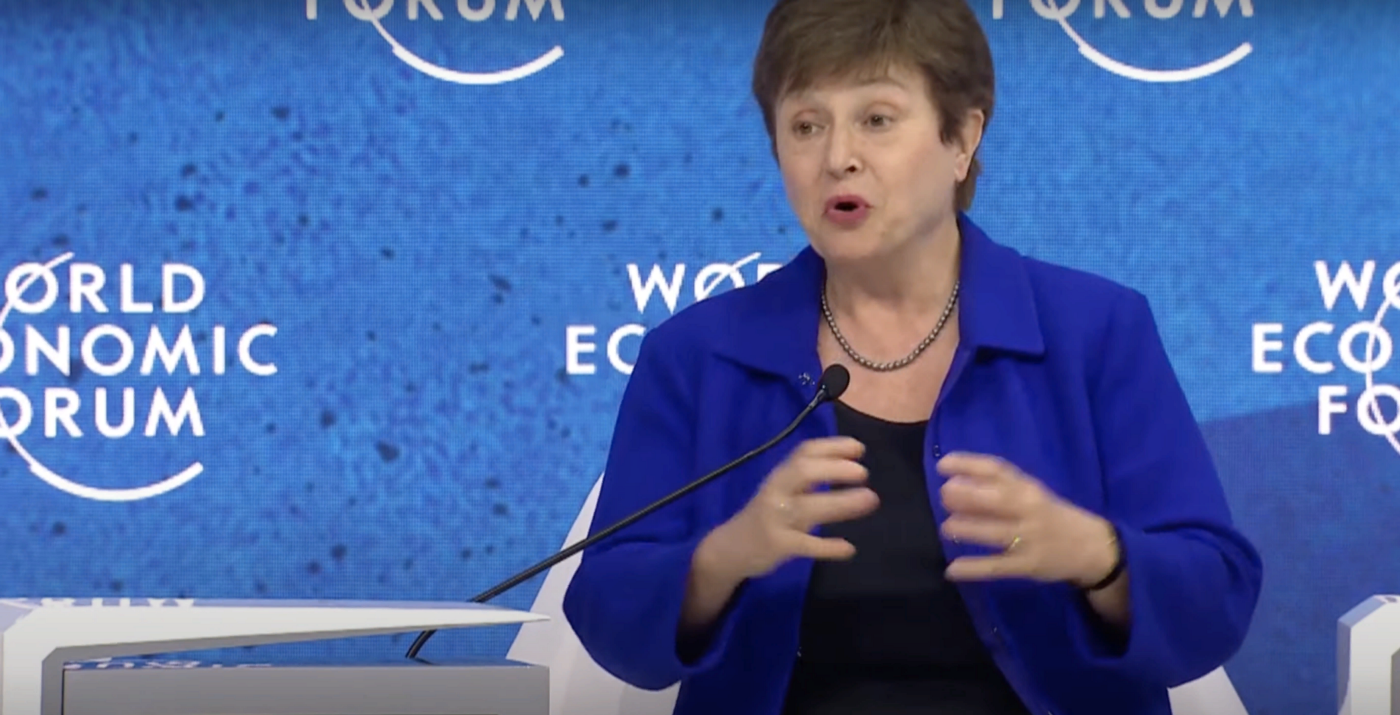
Kristalina Georgieva, the managing director of the International Monetary Fund (IMF), urged investors not to abandon crypto after the recent cryptocurrency meltdown during the World Economic Forum’s annual meeting in Davos, which took place from May 22 to 26.
“The less backing it has, the more willing people should be to bear the risk of it blowing up in your face,” Georgieva remarked about stablecoins.
She pointed out, however, that there are many different types of crypto assets with varying risk levels, emphasizing that there’s a big difference between stablecoins that are backed by cash and algorithmic stablecoins, like LUNA.
This advice becomes especially curious when we bring up earlier IMF statements regarding crypto. The IMF is clearly opposed to cryptocurrency. For instance, one of the conditions under which Argentina has got a $45 billion loan from the IMF was discouraging them from the use of cryptocurrency in the country.
Of course, in her speech, she makes a clear distinction between stablecoins and unpegged cryptocurrencies. But still, why would the IMF be so protective of the seemingly decentralized assets?
Let’s briefly cover the history of the IMF. The agency was founded in 1944, officially to prevent such things as the Great Depression (which ended in the mid-1930s). Some theories say that its aim was rather a preparation for global finance at the end of the war and the reconstruction of Europe.
The IMF granted (and still does) loans to countries in the midst of crisis, urging them to reform their systems and recover as part of the Western liberal-democratic order. Some IMF rescue programs have resulted in even deeper financial misery for the countries involved.
Some economists describe the IMF as a “gatekeeper” for a “creditors’ cartel” of Western funders including the World Bank and the Inter-American Development Bank.
Crypto threatens the established order of things, even if the threat is somewhat distant for now. Cryptocurrency is beyond IMF’s control. Soon smaller nations such as El Salvador will have access to a parallel crypto-based debt and financing market over which the Western order has only tenuous influence, slipping out of the IMF’s hands and into financial independence.
This context suggests why the IMF is so aggressively anti-crypto: It seeks to draw peripheral or developing nations such as African and Latin American countries, which are high priority, to be in their sphere of influence and under their grip.
Stablecoins backed by cash seem to have nothing to do with the global moneylenders. But let’s keep an eye on that, there has to be something hidden there that we’ve missed.
